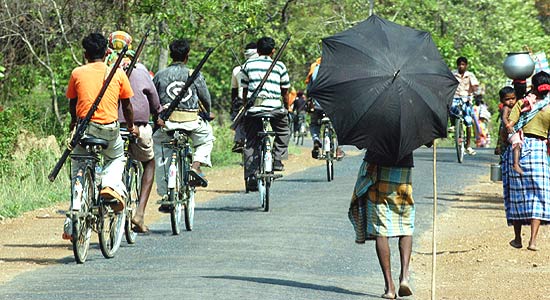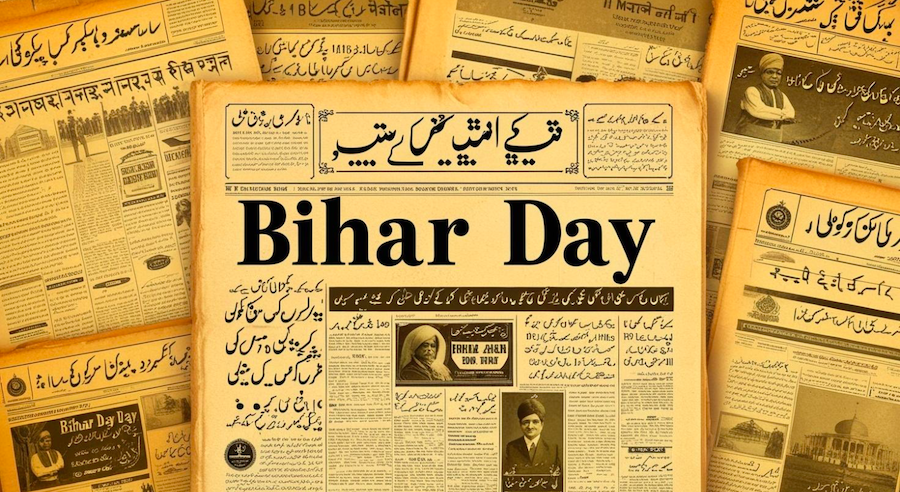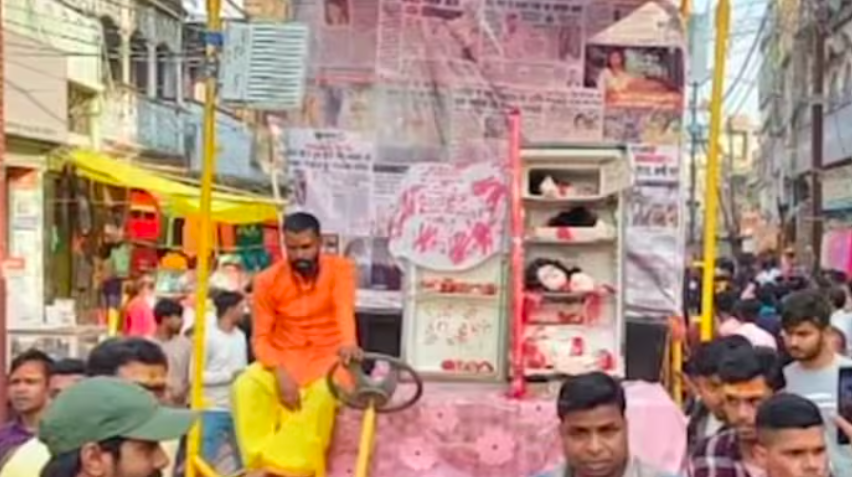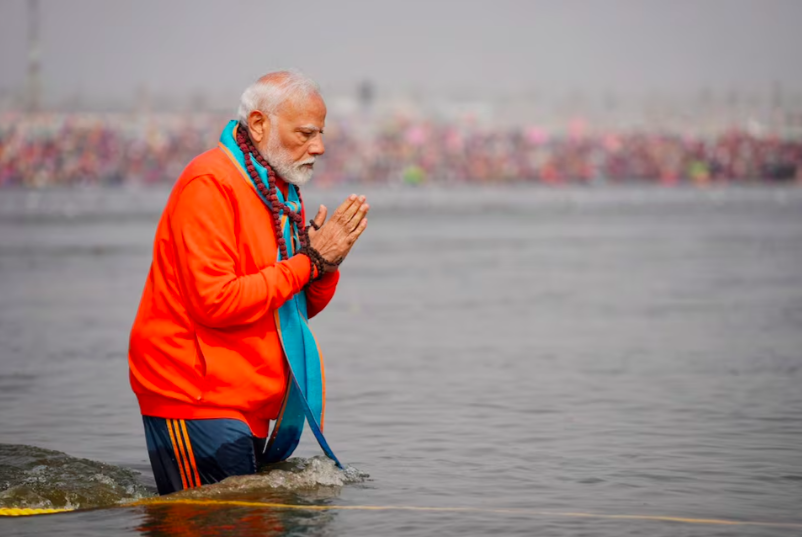“People do not take arms without reason” — Supreme Court
Rolly Shivhare, BeyondHeadlines
The recent judgment of the Supreme Court of India in Dr. Nandini Sundar and others Vs State of Chhattisgarh and Union Government indicates that the country’s judicial system is alive, and a citizen can hope for justice from it. In the decision rendered on 5 July 2011, the Supreme Court declared the Chhattisgarh government sponsored Salwa Judum to be unconstitutional. The Court prohibited deploying members of tribal communities as Special Police Officers (SPOs) in any counter-insurgency operation by the state against the Naxals or Maoists, or against any extremist leftist groups operating in the state and/or region. The Court’s decision to prohibit civil militias is a landmark step in protecting marginalised communities from ongoing human rights violations. In essence, the judgment underlines that certain duties of the state cannot be subcontracted out, and further, that the state has the unalienable duty to protect its citizens.
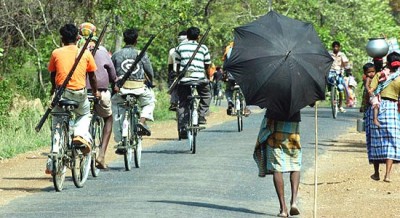
The Constitution of India mandates law and order to be the state’s responsibility. When the protector becomes the violator however, it is a threat to democracy. This is exactly what is happening in Chhattisgarh. Chhattisgarh is one of India’s three states–the other two being Manipur and Jammu and Kashmir–where the government formed private militias to combat anti-state movements. When this was challenged publicly as well as in the court, the government argued that it is its constitutional privilege to adopt modes it sees fit to deal with Naxalite and Maoist activities within the state. In essence, the government was arguing that it has a right to perpetuate, indefinitely, a regime of human rights violations, by adopting the same modes deployed by Maoist and Naxalite extremists in combating them. It is this argument that the Court has thrown out, holding it as unconstitutional.
The government of Chhattisgarh had deployed 6500 tribal illiterate people as SPOs in the state. The government provided arms to these men and women and let them fight the leftist extremists, an act which within days turned neighbour against neighbour. The state took refuge in the century-old Indian Police Act, 1861, which provides for the appointment of SPOs to perform duties as guides, spotters and translators. SPOs can work as a source of intelligence, and sometimes are also allowed to carry firearms supplied to them for their self-defence. However, in Chhattisgarh, the government appointed SPOs to fight Maoists and Naxalites. It must be noted that the government even recruited minors as SPOs. In actual fact, the government created a division in the community. By identifying persons as either with the extremists or with the government, neutral space in the community was reduced. SPOs, like the Naxalites and Maoists, used their new power for everything, from settling private disputes to silencing political opposition. According to media reports, the number of cases of rape, murder, and other atrocities increased.
The Supreme Court judgment noted that the Chhattisgarh government was appointing SPOs without following any legal process, and without evaluating the capacities of appointed tribal youth in undertaking counter insurgency activities. In 2010 the number of SPOs was 3000, but this year it increased to 6500. Unfortunately, these are the persons who become the first target of the Naxalites/Maoists. The Court also held that appointing a civilian as an SPO was a threat to his life, and in violation of article 21 of the Indian Constitution, which guarantees the right to life, with dignity.
It must be mentioned here that this is one of the best judgments of the Supreme Court. It begins with a comparison of the situation in Dantewara, portrayed in Joseph Conrad’s classic “Heart of Darkness”. It then squarely contextualises both the neo-colonial nature of the Indian state and the fundamental tenets of classical liberal democracy, all the while sticking to the law in its entirety.
As far as Chhattisgarh is concerned, it is rich in natural resources, with 32 percent of its population made up of tribal people, who believe the trees and rivers to be their Gods. These tribal people are forcibly evicted from their ancestral land however, so that their land can be given to private companies and state interests for their gain. When such communities resist eviction, they are tortured to the extent where the only choice left for them is to take up arms. This was humanly acknowledged by the Court when it stated that
…people do not take arms, in an organized fashion, against the might of the state, or against fellow human beings without rhyme or reason. Guided by an instinct for survival, and according to Thomas Hobbes, a fear of lawlessness that is encoded in our collective conscience, we seek an order. However, when that order comes with the price of dehumanization, of manifest injustices of all forms perpetrated against the weak, the poor and the deprived, people revolt.
A milestone in Indian democracy, this heartening judgment sees the Supreme Court render a brilliant exposition of the rule of law in the context of the violence unleashed by the Maoists, which has completely distorted the mindset of the state administration. Moreover, the judgment does not end with Chhattisgarh; it has wider implications where similar myopic and irresponsible tactics are employed, like in Manipur and Jammu and Kashmir.
(Rolly Shivhare is a Rights Activist based in Madhya Pradesh)

